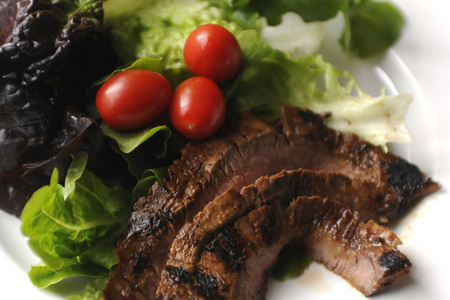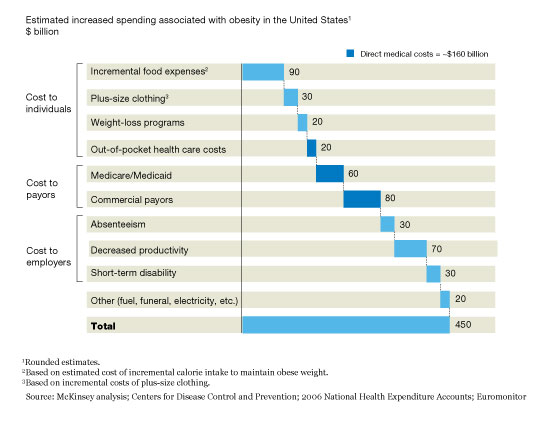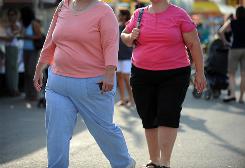The 2010 Dietary Guidelines for Americans were just released. Here are the take-home messages:
Balancing Calories
• Enjoy your food, but eat less.
• Avoid oversized portions.
Foods to Increase
• Make half your plate fruits and vegetables.
• Switch to fat-free or low-fat (1 percent) milk.
Foods to Reduce
• Compare sodium in foods like soup, bread, and frozen meals—and choose the foods with lower numbers.
• Drink water instead of sugary drinks.
2010 Dietary Guidelines Finally Get Tough on Obesity – Marion Nestle – Food – The Atlantic










